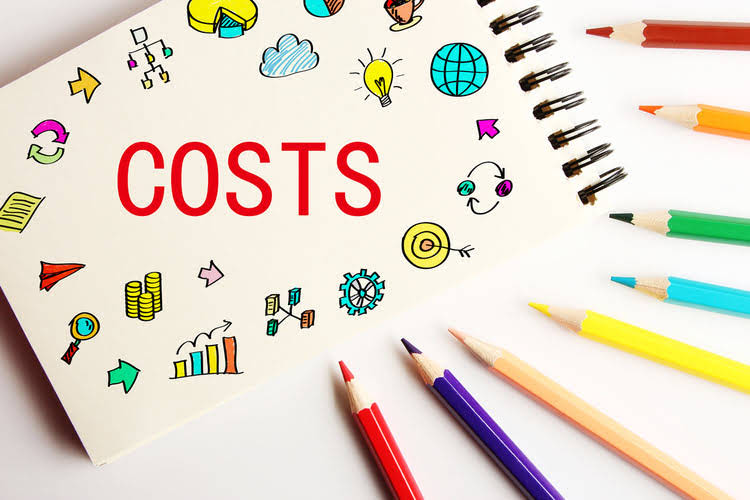
Employees who give their records and documentation to their employers and are reimbursed for their expenses generally don’t have to keep copies of this information. However, you may have to prove your expenses if any of the following conditions apply. If you can’t produce a receipt because of reasons beyond your control, you can prove a deduction by reconstructing your records or expenses. Reasons beyond your control include fire, flood, and other casualties. You use your car to visit the offices of clients, meet with suppliers and other subcontractors, and pick up and deliver items to clients. There is no other business use of the car, but you and your family use the car for personal purposes.

While there isn’t a specific dollar amount that you can declare without receipts, it is crucial to understand that the burden of proof is on the taxpayer to support the information on their tax return. In other words, you should have documentation to back up your claims, particularly for expenses and deductions. You are a performing artist and are being reimbursed under a nonaccountable plan. Your employer will include the $12,000 on your Form W-2 as if it were wages.
How long do I need to keep my receipts?
You don’t need to report the related expenses or the allowance on your return if your expenses are equal to or less than the allowance. To be an accountable plan, your employer’s reimbursement or allowance arrangement must include all of the following rules. A per diem allowance is a fixed amount of daily reimbursement your employer gives you for your lodging and M&IE when you are away from home on business.
- This means that you don’t reduce the limit when you either place a car in service or dispose of a car during the year.
- The information that the IRS is looking for is already automatically tracked through our digital bank statements, purchase history, credit card statements, and online banking records.
- That means it won’t take much effort to go paperless with your record-keeping.
- If you lease a car, truck, or van that you use in your business, you can use the standard mileage rate or actual expenses to figure your deductible expense.
- Show your transportation expenses that didn’t involve overnight travel on Form 2106, line 2, column A.
If you are self-employed, whether as a freelancer, contractor, or business owner, you are required to maintain detailed records of your business income and expenses. This includes keeping receipts for purchases, payments received, and any other financial transactions irs receipt requirements relevant to your business. You use the reader both during your regular working hours at your place of work and outside your regular working hours away from your place of work. You can deduct your expenses for the reader as business expenses.
Services
See IRS.gov/Newsroom/IRS-Provides-Guidance-on-Per-Diem-Rates-and-the-Temporary-100-Percent-Deduction-for-Food-or-Beverages-From-Restaurants for additional information. The responsibility to prove entries, deductions, and statements made on your tax returns is known as the burden of proof. You must be able to prove (substantiate) certain elements of expenses to deduct them. Generally, taxpayers meet their burden of proof by having the information and receipts (where needed) for the expenses.
- Employees who give their records and documentation to their employers and are reimbursed for their expenses generally don’t have to keep copies of this information.
- You must report on Form 2106 your reimbursements up to the federal rate (as shown under code L in box 12 of your Form W-2) and all your expenses.
- You can deduct your expenses for the reader as business expenses.
- A nonaccountable plan is a reimbursement or expense allowance arrangement that doesn’t meet one or more of the three rules listed earlier under Accountable Plans.
- However, the depreciation limits are reduced if you don’t use the car exclusively for business and investment purposes.
- Small businesses should keep records of all expenses, such as rent, utilities, office supplies, travel expenses, and equipment purchases.